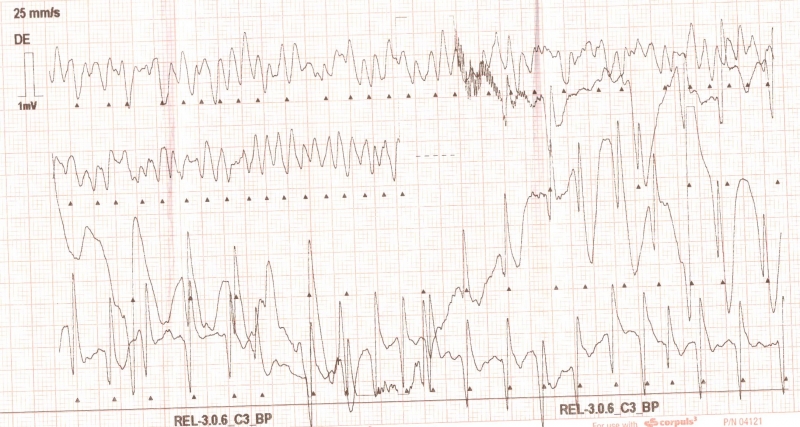VENTRICULAR FIBRILLATION DURING FOOTBALL TRAINING AS A CONSEQUENCE OF KRATOM AND CAFFEINE USE IN AN ADOLESCENT: CASE REPORT
Abstract:
Background
There is an increase in the sale of legal drugs in the Czech Republic. One of these substances is kratom. Kratom (Mitragyna speciosa) is a partial agonist of the opioid kappa, mu, and delta receptors. It acts as a stimulant at low concentrations, making users feel more energetic and euphoric. It has sedative and antinociceptive effects at higher doses.
Case summary
An 18-year-old man collapsed during football training and required cardiopulmonary resuscitated; the initial rhythm was ventricular fibrillation managed by defibrillation. Laboratory parameters were unremarkable. Blood samples sent for toxicological evaluation were positive for kratom and caffeine. Other investigations showed no explanatory aetiology. Genetic testing did not find a pathogenic gene variant associated with familial ventricular fibrillation, but a variant of unknown significance was found in MYOM1. A cardioverter-defibrillator was implanted in the patient.
Discussion
In the Czech Republic, kratom is freely available and sold as a plant, not a drug. Sellers state on their labels that it is a substance sold "for collectors' purposes only." Only incident cases of ventricular fibrillation after kratom use are described in the literature. There is insufficient scientific evidence linking kratom to ventricular fibrillation. No recurrence of ventricular arrhythmia has been reported by ambulatory cardioverter-defibrillator memory checks on our patient. Therefore, the development of ventricular fibrillation was assumed to be due to a combination of kratom, caffeine, and exercise.




